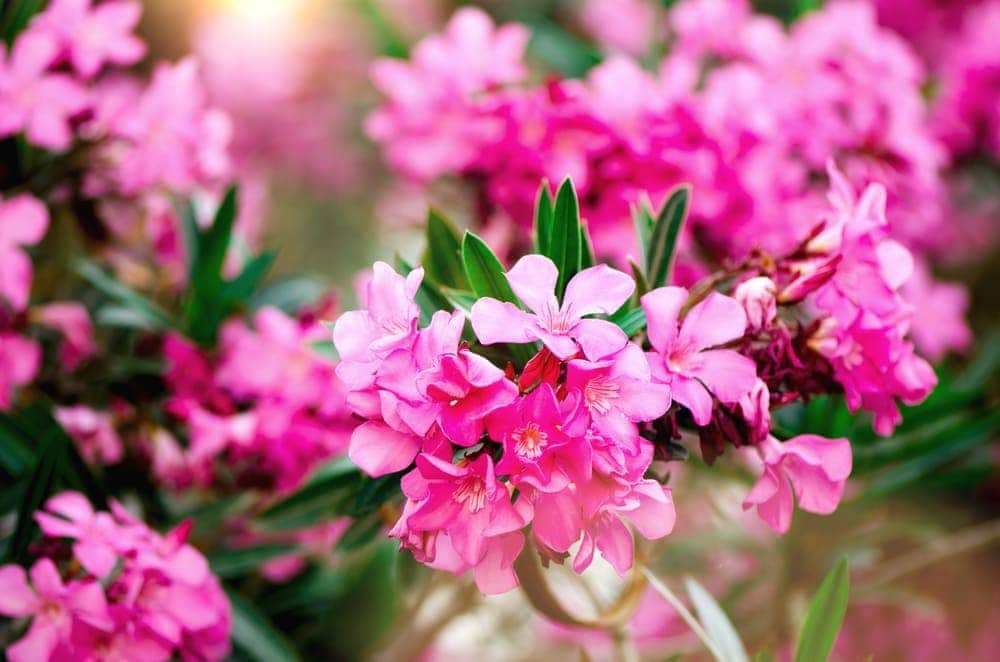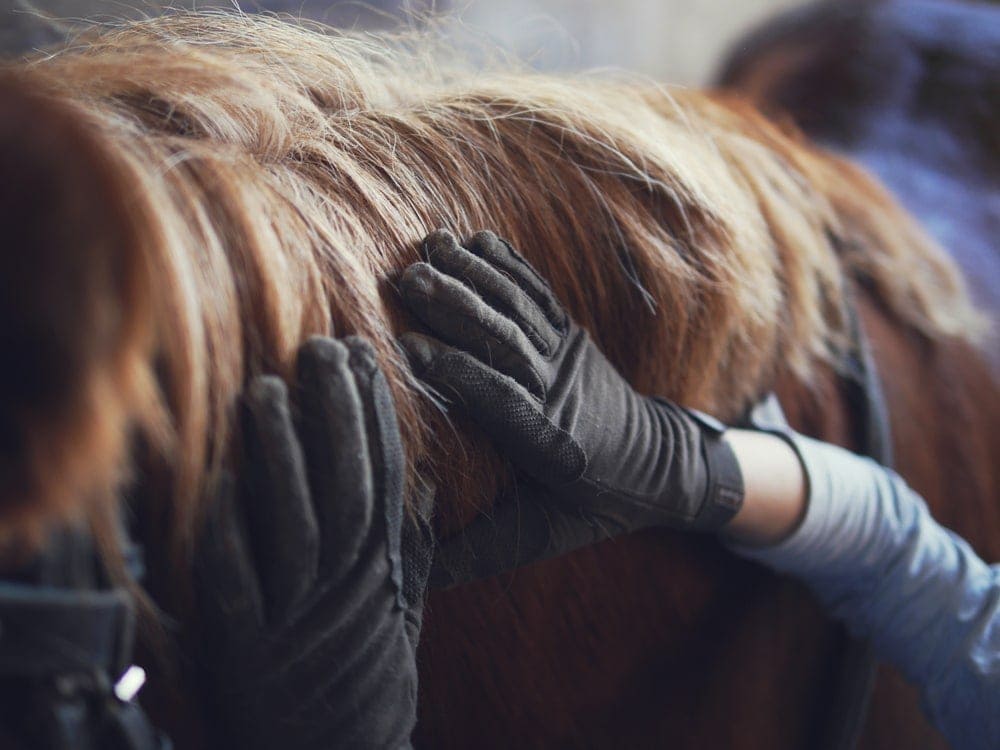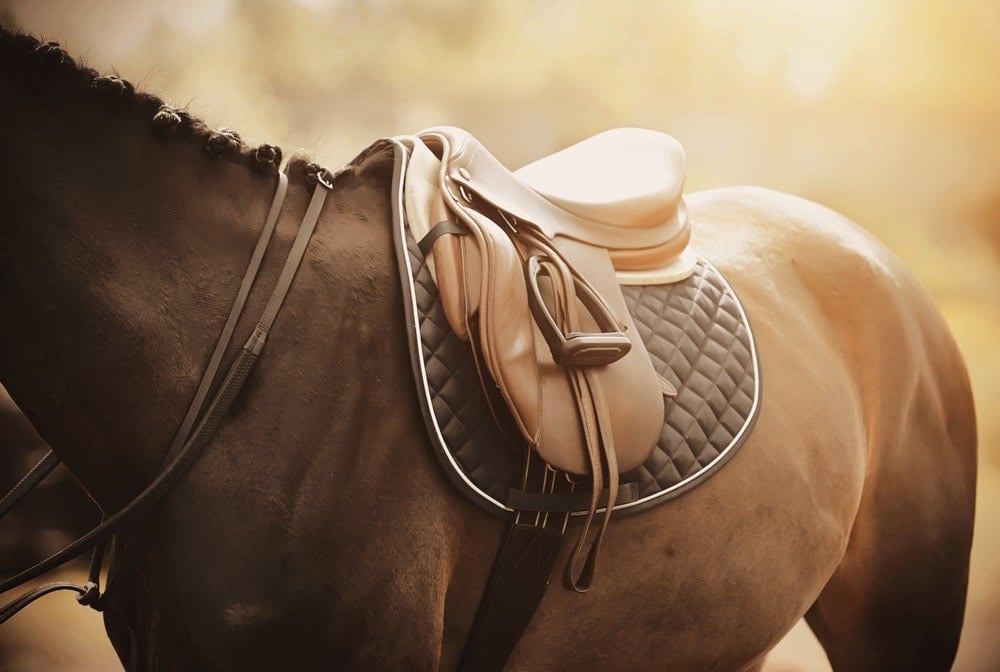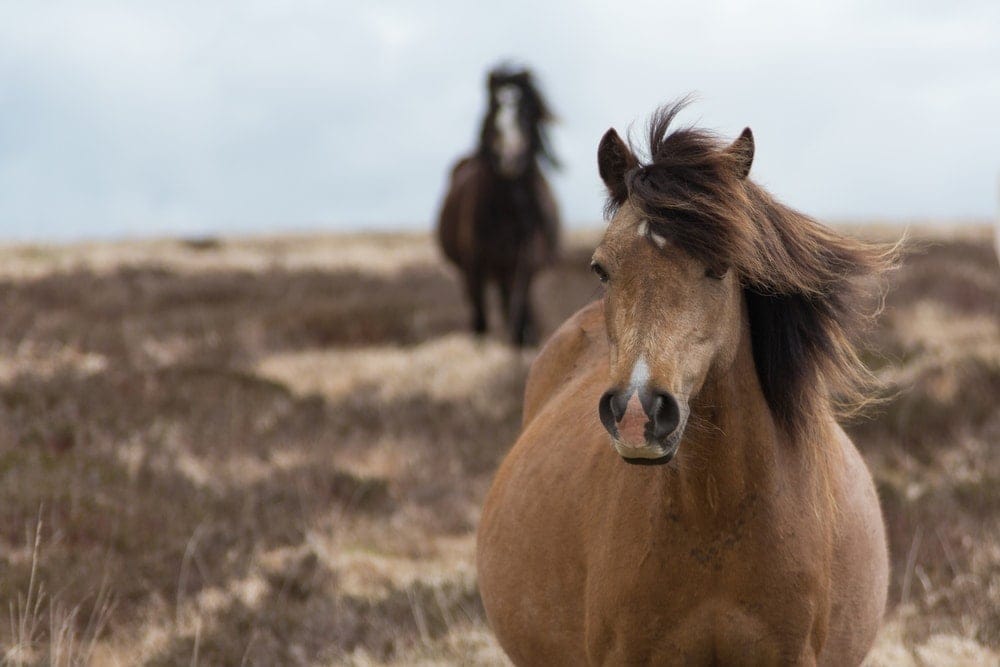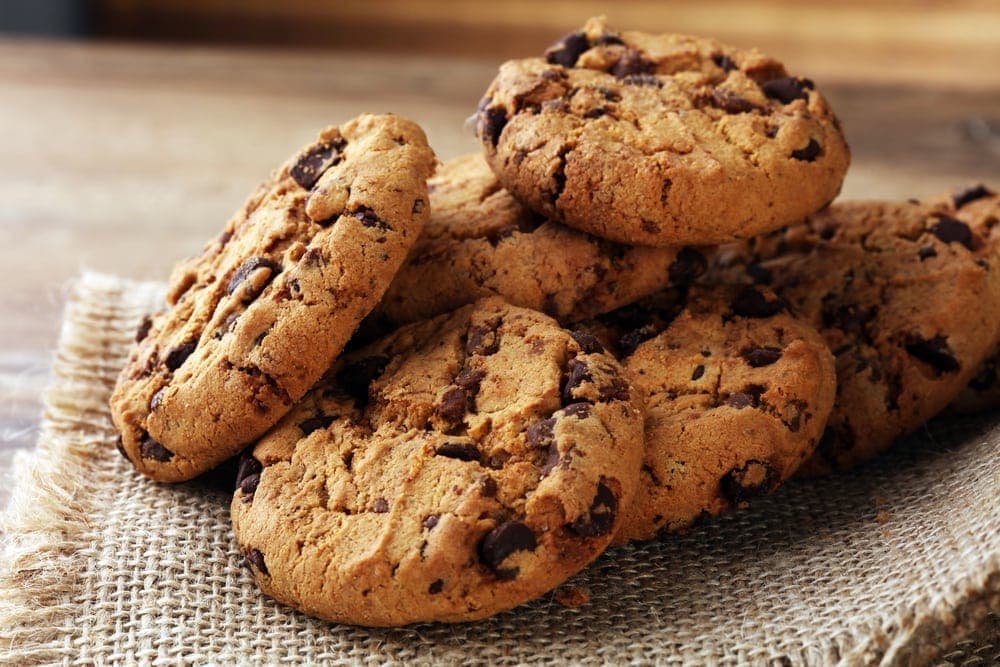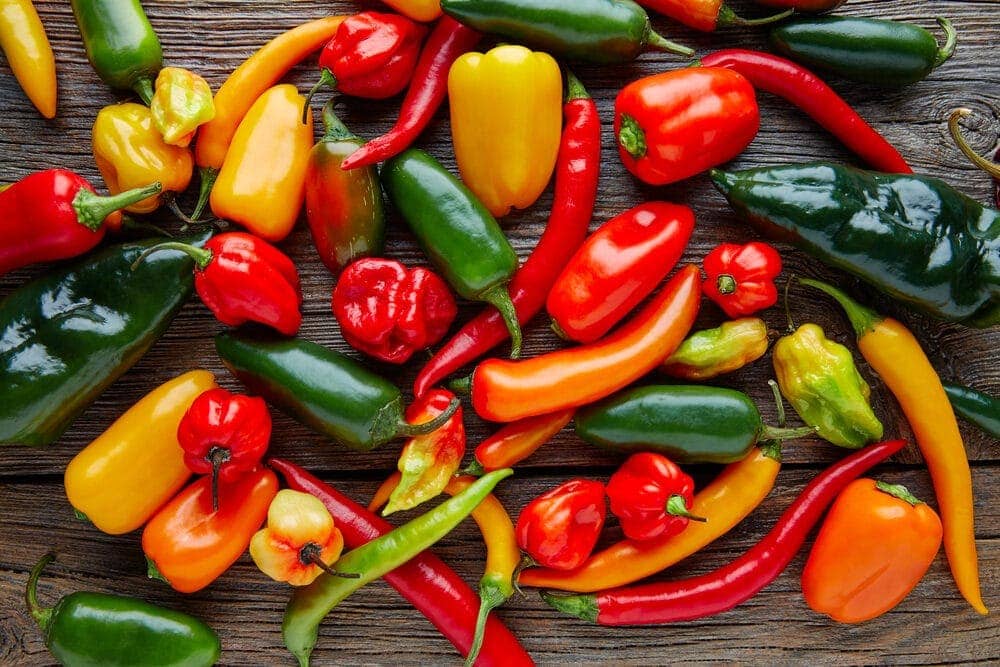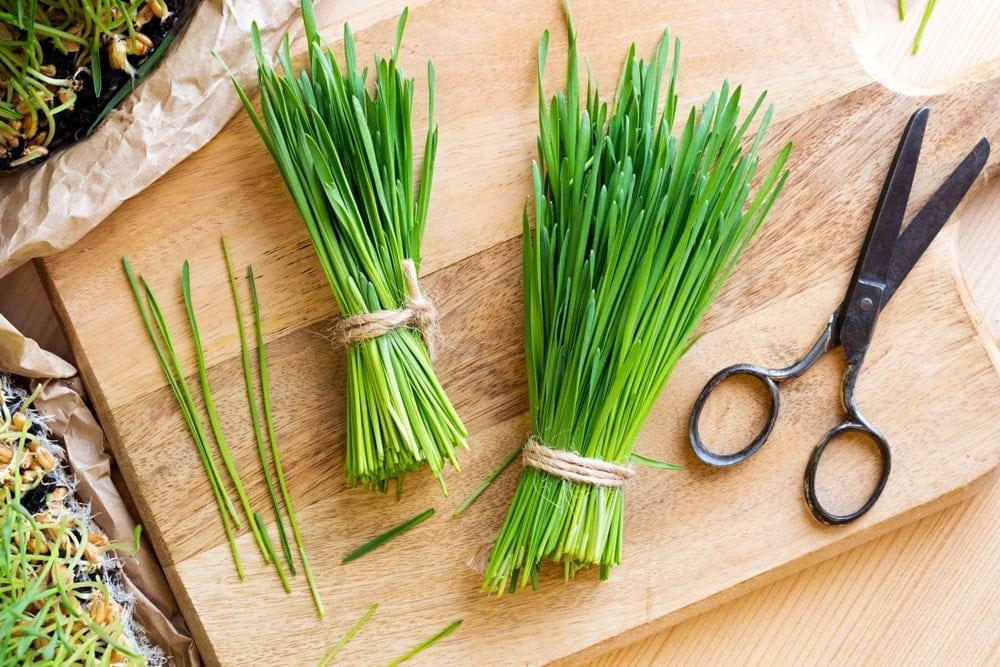Nuts are delicious and can be both salty and sweet. They are good for you but are they good for horses?
With the teeth they have, it does not look like it would be hard to chomp on nuts.
Can Horses Eat Nuts?
Horses are natural grazers so they get plenty of foliage. Many times they are not interested in other foods, including nuts. Some nuts are not good for horses so you must know what they are to prevent your horse from having any health problems. In fact, it is best not to feed nuts to horses to ensure they do not get sick.
Almonds For Horses
Almond is the one nut that is good for horses to eat. They are not commonly fed to horses but they do make a tasty treat. They have many nutritional benefits. It would take more than the six almonds to give horses the nutrients that those six give humans. Almonds are not nuts though but a type of fruit called drupes. They grow on trees like peaches.
Almonds contain unsaturated and monounsaturated fats, biotin, vitamin E, and minerals like copper and manganese. All of these are involved in improving and maintaining horses hoof health. They also contain anti-inflammatory compounds that help a horse’s immune system.
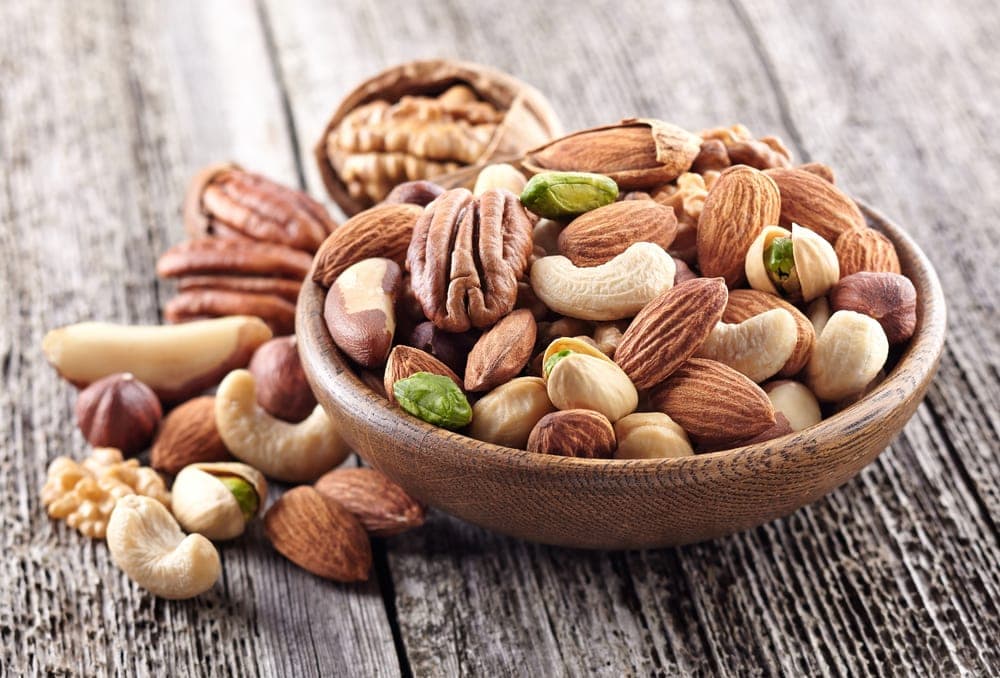
Nuts That Are Toxic or Bad For Horses
- Buckeyes—they are also called horse chestnuts. They are from the American or Ohio buckeye tree. These nuts contain the toxins aesculin and tannic acid. If a horse ingests buckeyes they may appear excited, have diarrhea or convulsions, or exhibit coordination problems. They appear to eat them if forage is scarce. The young plants are more toxic than mature plants.
- Acorns—they also contain the toxin tannic acid. They are toxic to horses when they eat them in large quantities. A horse does not seek out these nuts due to the bitter taste but they do not have the quality of forage that they need, horses may go looking for other food. When foraging, they may accidentally pick them up. Some horses may become addicted and will pick them up because of the craving for them. Acorn poisoning can mimic symptoms of other serious health conditions so you should see your veterinarian if your horse gets sick, especially if there are acorns in their pasture.
- Sago Palm—these you will find in a warm area like Florida and Texas. All parts of the plant are toxic but the highest levels of the poison cycasin are found in the nuts. They may suffer from depression, lack of coordination, and diarrhea. There are no antidotes but a veterinarian may use charcoal to absorb the toxin.
- Black walnuts—although there are no known toxins in black walnuts that could poison your horse but digestive problems can occur if they ingest the hulls and nuts. Black walnuts can cause colic and laminitis in horses. Some horses love to chew on the wood of trees. The wood from black walnut trees are poisonous to horses so make sure that your horse cannot get near these trees.
Treats That Are Better For Horses Than Nuts
When you are rewarding your horse just because you love them or to reward them after they have learned something that you have been training them to do, give them a healthy treat. The healthiest treats to feed your horse would be ones that are like a horse’s natural food. No horse likes the same treats but here are some treats that are safe for horses.
- Sugar cubes
- Hay cubes
- Raisins
- Dates that are pitted
- Pieces of apples or carrots
- Sunflower seeds with or without their shells
- Peppermints
You can also get pre-made horse treats

What a Horse Usually Eats
Horses have specific dietary needs because they are herbivores, which are animals that feed on plants. They also have a long digestive system that requires a diet that is high in fiber in which small amounts can be consumed over a long period of time. Horses naturally eat many small meals. If you watch horses, you will notice if they are not working, then they are eating. Some of their natural diets can include:
- Tender plants and pasture grass—a good pasture will contain most of the nutrients that a horse needs.
- Hay—if you do not have a pasture for your horse to graze or one that a horse can use year-round, then hay is the next best choice. When buying hay you should have it tested to see if there are any shortfalls in minerals or vitamins to ensure that the horse gets the nutrients it needs.
- Grains—the traditional grain that is fed to horses is oats but they may also eat other grain like corn but wheat is not good for them. You just have to make sure that grain is not all they get because they need chewing time.
It is also a good idea to give your horse salt and other minerals, which can be offered separately or in a concentrated mix. Put out a salt block so the horse can help themselves when they have a craving for salt. Some salt blocks also come mixed with minerals a horse needs.
Conclusion
- You should not feed your horse too many sugary treats, which includes fruit because it can affect their intestinal flora.
- Feed any treats in small amounts and should be considered part of the feeding plan or when they have learned to something you were training them to do.
- Water is important for a horse, more so if they are on a hay-only diet but they still need clean water available to them.
- There is really only one nut safe for a horse to eat and that is an almond, which is not a nut at all.
- If your horse is turned out into a new pasture, it is a good idea to check that pasture to see if there is anything in it that could make your horse sick or be toxic to them.



